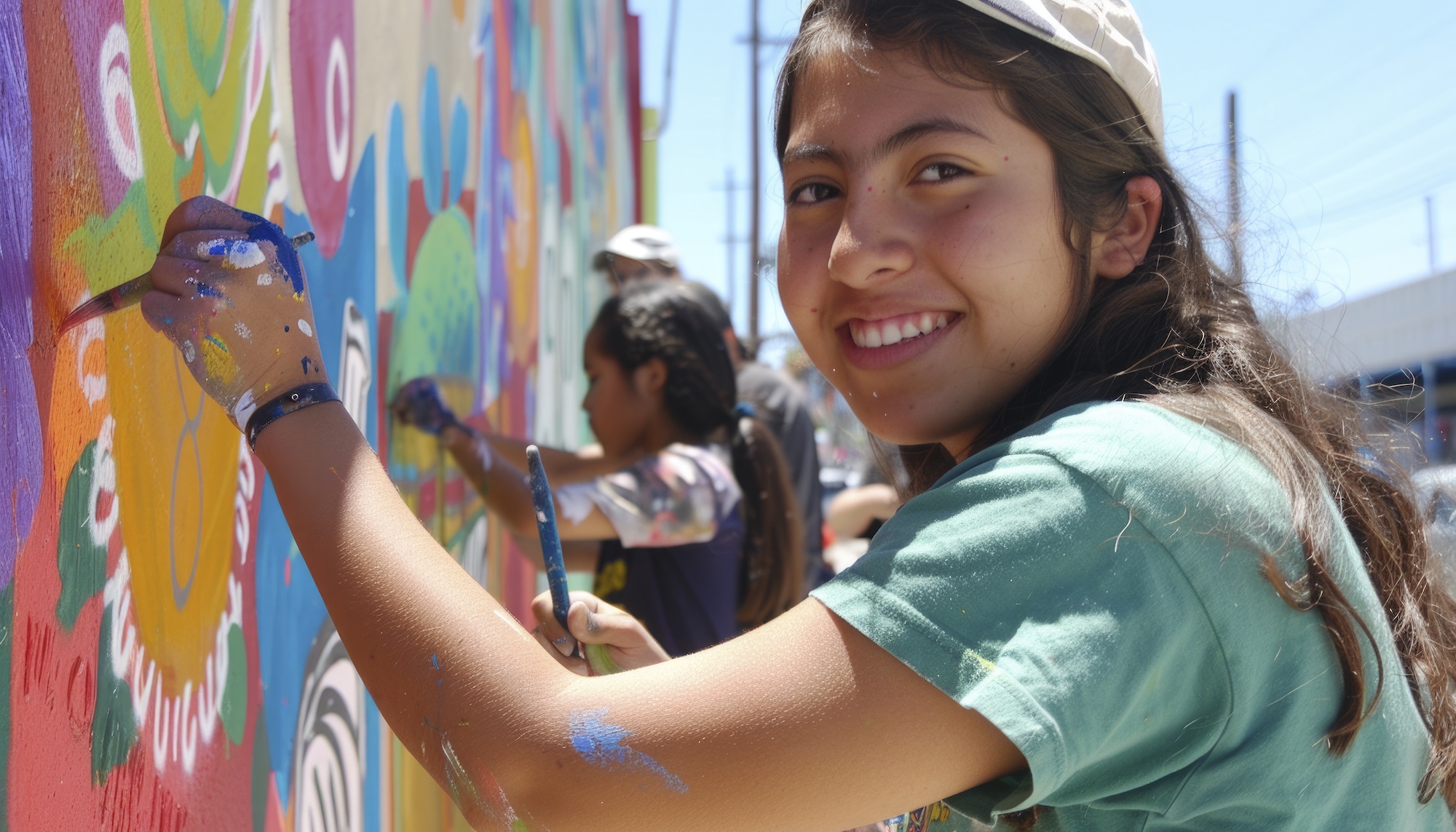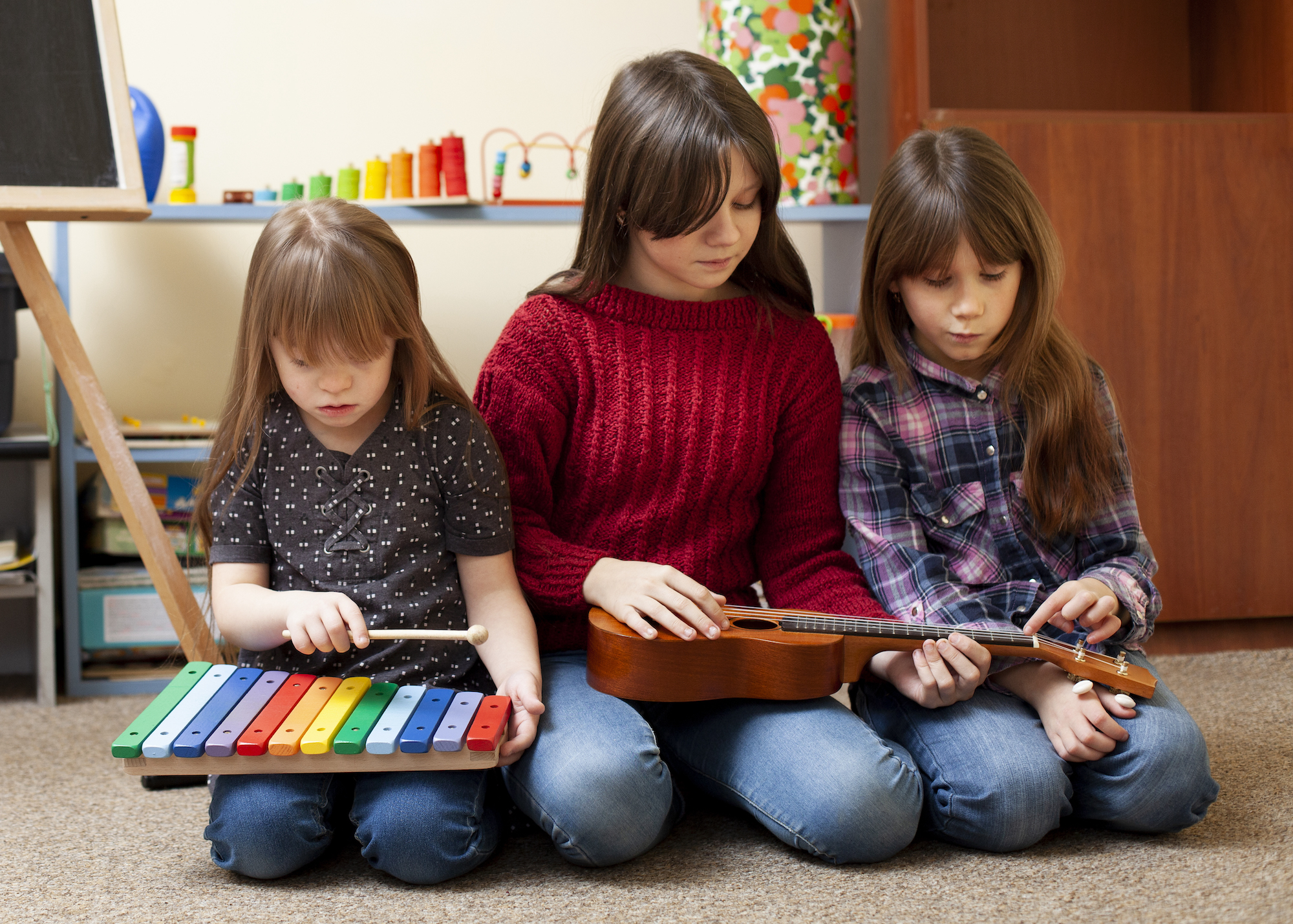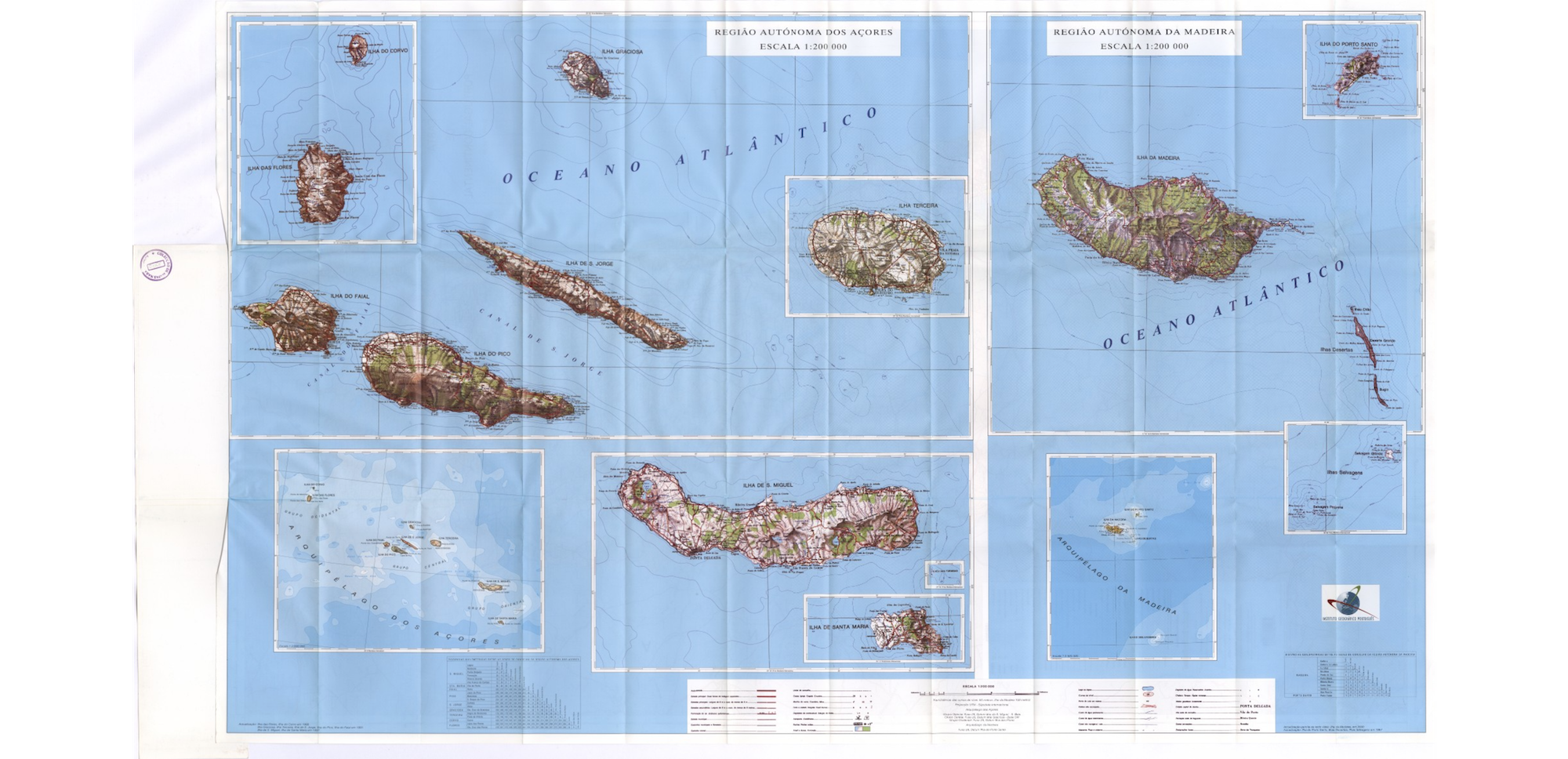Themes for this edition:

“ARTS IN DIALOGUE WITH THE COMMUNITY: SHARED CREATION AND SOCIAL TRANSFORMATION”
Artistic practices in community settings have become privileged spaces for engagement, expression, and social transformation. Through music, theatre, dance, visual arts, performance or media, there is a growing number of projects actively involving citizens in artistic creation, fostering mutual listening, collective meaning-making, and strengthening local social networks.
This thematic area invites critical reflection on how different art forms can contribute to community development, inclusion, cultural regeneration, and civic participation. It emphasises interdisciplinary practices, collaborative methodologies, and approaches that place communities—along with their knowledge, histories, and territories—at the centre of creation.
Call for proposals includes:
Collaborative artistic projects with local communities;
Interartistic practices in unconventional spaces (schools, associations, day centres, public spaces, etc.);
Partnerships between artists, educators and institutions for territorial cultural development;
Participatory methodologies in music, dance, theatre, visual arts or digital media;
Case studies documenting social, cultural or educational impacts of community arts practices.

“ARTS AND EDUCATIONAL INCLUSION: CONTRIBUTIONS TO EQUITY AND PEDAGOGICAL DIFFERENTIATION”
Inclusive education today is a foundational principle of contemporary educational policies and practices, promoting every person’s right to full learning and participation. In this context, the arts provide unique resources to embrace diversity, express subjectivities, and support differentiated, sensitive, and equitable learning environments.
This thematic area offers a space for sharing practices, research and pedagogical models that explore the arts’ potential—across multiple languages—to meet the needs and specificities of all students, particularly those who are vulnerable, excluded, or have special educational needs.
Call for proposals includes:
Inclusive pedagogical strategies through music, dance, theatre, visual arts, or digital media;
Experiences working with students with disabilities, learning disorders or other specific needs;
Artistic and educational projects promoting equity and social justice;
Artistic and cultural accessibility: practices, tools and policies;
Action research and case studies on inclusion in the arts and specialised arts education.

“CREATING FROM AUTONOMY: ARTS, MEMORY AND IDENTITY IN THE 50 YEARS OF AUTONOMY OF THE AZORES AND MADEIRA”
In 2026 we mark the 50th anniversary of the approval of the Political-Administrative Statutes of the Autonomous Regions of the Azores and Madeira—foundational moments for the regional autonomies that redefined the place of these islands in the national context. Over the decades, political autonomy was accompanied by growing cultural, educational, and artistic investment, with the arts playing a central role in affirming dynamic, plural island identities constantly reinventing themselves.
This thematic area encourages reflection on artistic practices as forms of critical interpretation of history, collective memory-building, heritage valorisation, and expression of the archipelagos’ specific cultures. It also aims to foster dialogue between contemporary creation and local traditions, between public policy and artistic voices, and between insularity and cosmopolitanism.
Call for proposals includes:
Artistic practices reflecting on or celebrating regional autonomy and island identity;
Educational and cultural projects focusing on the historical, social and geographic contexts of the Azores and Madeira;
Relationships between the arts, territory and cultural policies in autonomous contexts;
The role of artistic and educational institutions in consolidating cultural autonomy;
Contemporary perspectives on insularity, memory, and artistic creation.